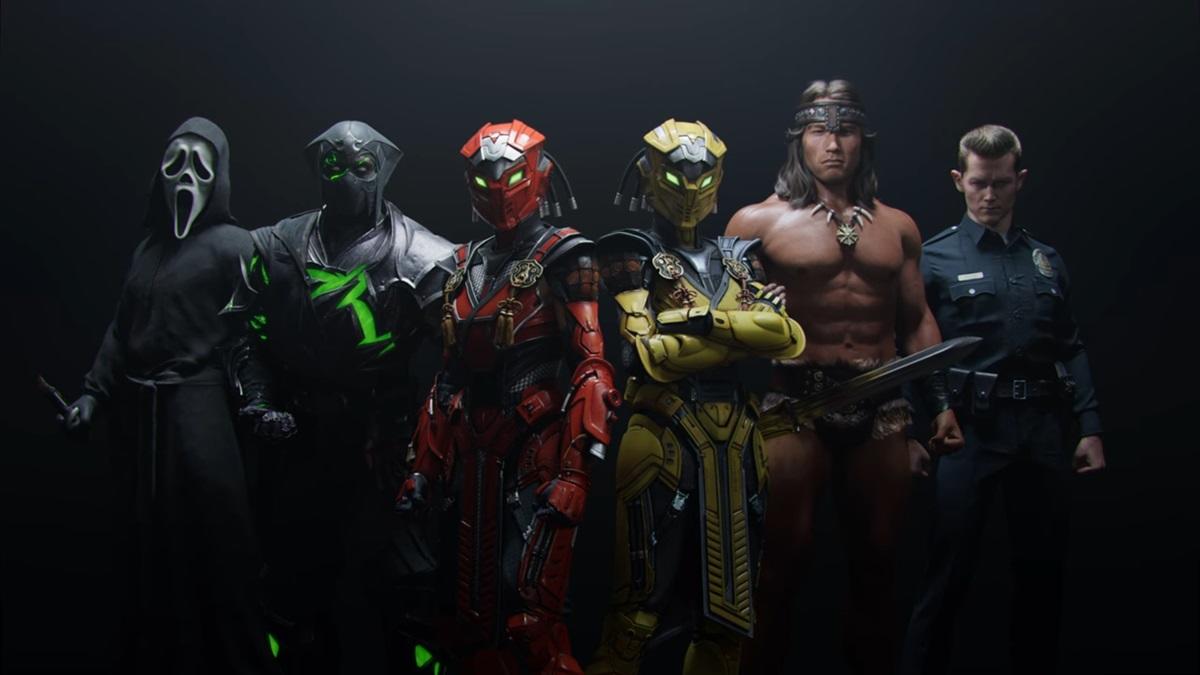Darksiders III and Biomutant Will Release DRM-free Versions on GOG
Usually publishers aim to have their releases fully protect by DRM anti-piracy software, so when [...]

Usually publishers aim to have their releases fully protect by DRM anti-piracy software, so when THQ Nordic announced that two of their most anticipated releases were going to be going DRM-free on GOG, it was a little eyebrow raising.
Both Darksiders III and Biomutant will offer DRM-free options on the platform alongside This is the Police 2 and Fade to Silence. DRM has been a hot topic in the gaming community, with many upset about how it seems to drag performance way down. To release a title, especially one as highly coveted as Darksiders III is an incredibly bold move on their part.
GOG is a retailer that has never shied away about their anti-DRM stance. Because of this, many big time publishers don't want to work with the retailer because of the common usage of this anti-piracy system. To see two huge title like these join the ranks is an awesome sign, especially for those that of the mind that DRM isn't as useful as developers seem to think they are.
For those that are still unclear on what DRM (Digital Rights Management) is, according to TechTarget:
"Digital rights management (DRM) is a systematic approach to copyright protection for digital media. The purpose of DRM is to prevent unauthorized redistribution of digital media and restrict the ways consumers can copy content they've purchased. DRM products were developed in response to the rapid increase in online piracy of commercially marketed material, which proliferated through the widespread use of peer-to-peer file exchange programs. Typically DRM is implemented by embedding code that prevents copying, specifies a time period in which the content can be accessed or limits the number of devices the media can be installed on.
Although digital content is protected by copyright laws, policing the Web and catching law-breakers is very difficult. DRM technology focuses on making it impossible to steal content in the first place, a more efficient approach to the problem than the hit-and-miss strategies aimed at apprehending online poachers after the fact."
The usage of this method has been under fire since it was first implemented. Many see it as issuing a product as "damaged goods" making it entirely reliant on the program while effectively scaling down quality. With more companies take an anti-DRM approach when it seems to be only rising in popularity, this polarizing reaction is very interesting to watch develop.




